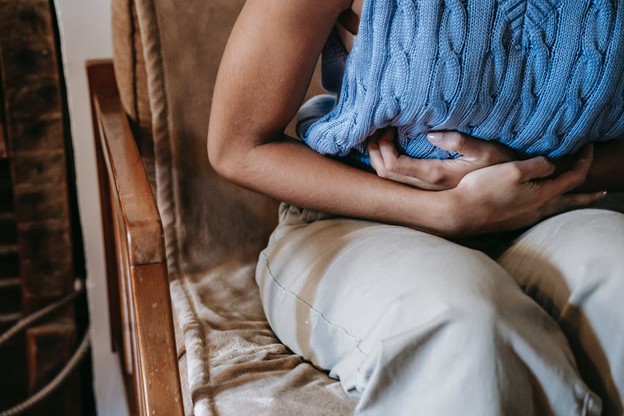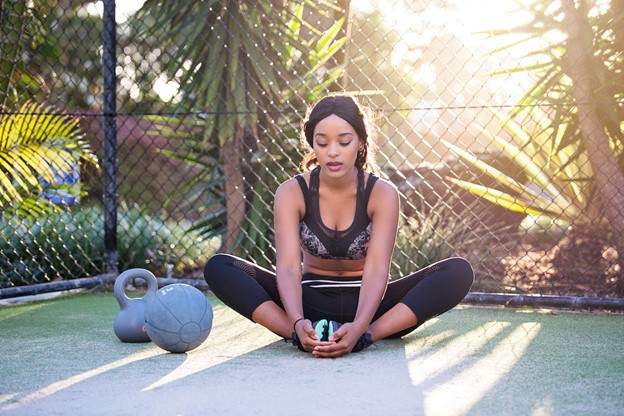Simple Ways to Relieve Constipation
Constipation, a common digestive health issue, can significantly affect one’s quality of life. It is characterized by infrequent bowel movements or difficulty passing stools, leading to discomfort, bloating, and sometimes severe abdominal pain. The ramifications of constipation extend beyond mere physical discomfort, affecting mental well-being and overall productivity. The causes of constipation are numerous and can range from lifestyle factors to underlying medical conditions. Poor dietary habits, such as low intake of dietary fiber and inadequate hydration, are common culprits. A sedentary lifestyle devoid of regular physical activity can also contribute to sluggish bowel movements. Some medications, particularly certain types of antidepressants, painkillers, and medications to lower blood pressure, may cause constipation as a side effect. Additionally, psychological factors like stress, depression, or anxiety can impact gut health and lead to constipation. Understanding these causes is the first step towards adopting effective and simple ways to relieve constipation.

Consider Aiding Your Stomach
Our stomachs might get constipated from time to time, but that does not mean that we cannot aid them in fixing these issues. Granted, plenty of over-the-counter remedies can provide quick relief, but there are also simple yet effective ways to relieve constipation without resorting to medication. Of course, one of the most common ways to relieve constipation is through laxatives, which stimulate bowel movements. However, these can be harsh on the digestive system and may lead to dependency in the long run. The best way to control this is by adopting healthy habits and making small changes in daily routines to prevent constipation from recurring.
Increase Fiber Intake
Dietary fiber adds bulk to your stool, facilitating its passage through the intestines. Include whole grains, fruits, vegetables, and legumes in your diet to increase fiber intake. A fiber-rich diet also promotes the growth of beneficial bacteria in the gut, which can improve overall digestive health. Aim for at least 25-30 grams of dietary fiber per day. Moreover, fiber consists of both insoluble and soluble types, each playing a crucial role in maintaining regular bowel movements. Insoluble fiber adds bulk to stools, while soluble fiber softens the stool and makes it easier to pass.
Stay Hydrated
Adequate hydration is essential for preventing constipation. Try to drink plenty of water throughout the day, and consider warm beverages like herbal tea for added relief. Avoid or limit the consumption of caffeinated and alcoholic beverages, as these can dehydrate the body and worsen constipation. For those who struggle to drink enough water, incorporating water-rich foods like cucumbers and watermelon can be beneficial. And if you are feeling constipated, try drinking a glass of warm water with lemon juice to help stimulate bowel movements.
Regular Exercise
Regular physical activity can stimulate the muscles in your intestines, helping to move stools more smoothly through your system. Aim for at least 30 minutes of moderate exercise daily, such as brisk walking, cycling, or swimming. Even simple activities like taking the stairs instead of the elevator or doing some stretching exercises at your desk can make a difference in preventing constipation. Exercise also helps to reduce stress and anxiety, which are common factors that contribute to constipation.
Don’t Ignore the Urge
When you feel the urge to go, don’t delay. Ignoring your body’s signals can lead to harder stools and more difficulty later on. Make sure to designate a regular time each day for bowel movements, preferably after meals when the digestive system is most active. This can help establish a routine and train your body to have more predictable bowel movements. Many people find it helpful to have a stool or footrest in the bathroom, which can help facilitate better posture and make passing stools more comfortable. Footrest. in this instance, can be used to elevate your feet and mimic a squatting position, which is considered the optimal posture for proper bowel movements.
Incorporate Probiotics in Your Diet
Probiotics, found in foods like yogurt and pickles, can help balance the gut’s bacteria and prevent constipation. They can also improve overall gut health and reduce the risk of other digestive issues. If you are not a fan of probiotic-rich foods, consider taking a daily probiotic supplement to maintain a healthy gut microbiome. For those with existing digestive conditions, it is essential to consult a healthcare professional before incorporating probiotics into their diet. Most probiotic solutions come in liquid, powder or pill form and are generally easy to incorporate into your daily routine. Consult with a healthcare professional before incorporating any supplements or medications.
Manage Stress Levels
As mentioned earlier, psychological factors like stress and anxiety can significantly impact gut health and contribute to constipation. Finding effective ways to manage stress levels is crucial for preventing constipation. Consider engaging in activities that help you relax, such as yoga, meditation, or deep breathing exercises. It can also be helpful to identify sources of stress and work on finding healthy coping mechanisms to deal with them. Seeking professional support from a therapist or counselor may also be beneficial in managing stress levels.
Constipation is a common issue that affects millions of people worldwide. Fortunately, there are simple ways to relieve constipation without relying on medication. By incorporating healthy habits into your daily routine, such as increasing fiber intake, staying hydrated, exercising regularly, and listening to your body’s signals, you can maintain regular bowel movements and prevent constipation. Additionally, managing stress levels and incorporating probiotics in your diet can also contribute to better overall gut health. Remember that these changes may take some time to have a noticeable effect, so be patient and persistent in implementing these solutions. Always consult with a healthcare professional before making any significant changes in your diet or lifestyle.



